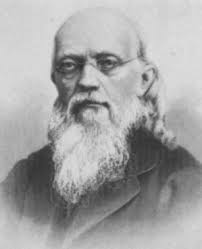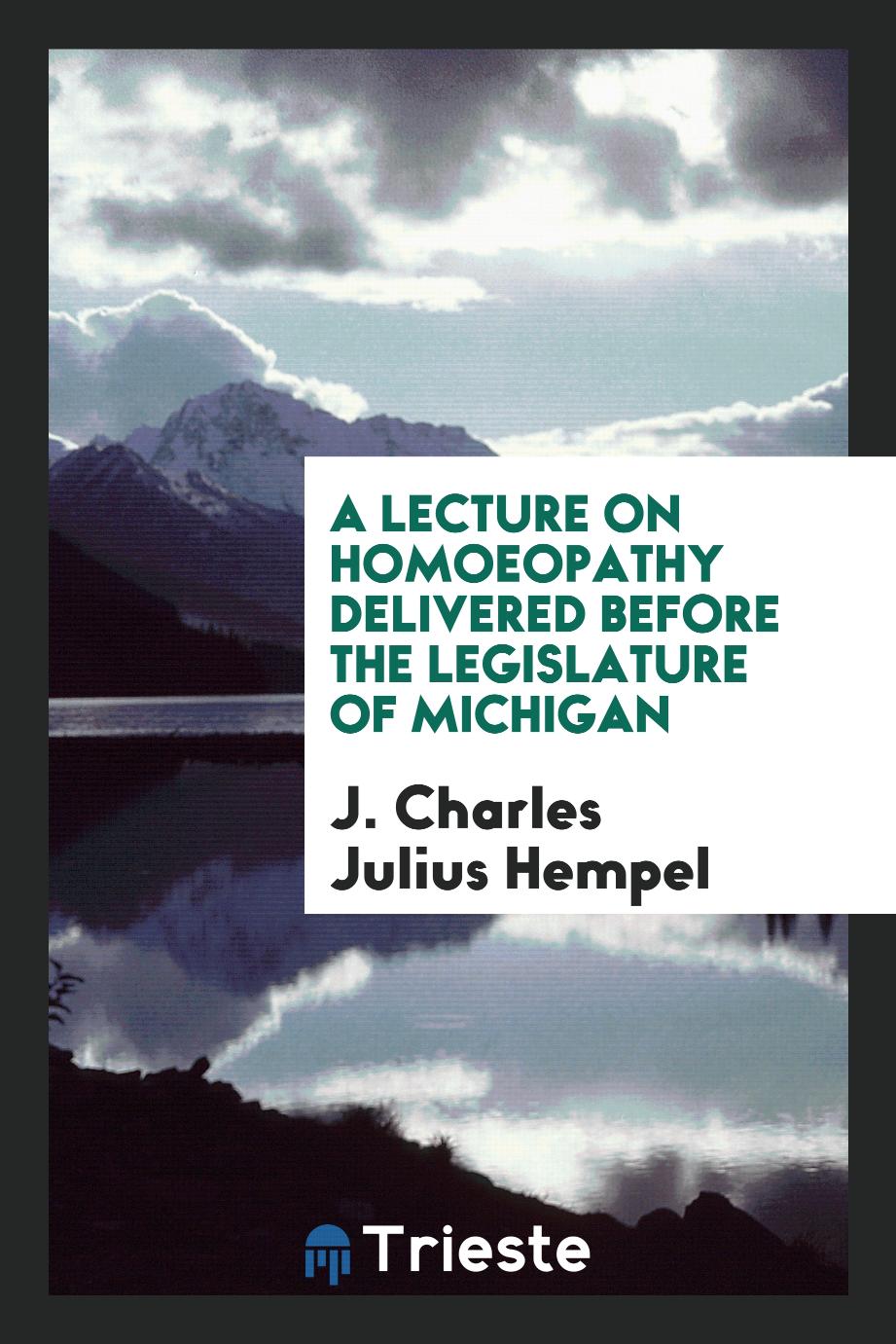
J. Charles Julius Hempel
Charles Julius Hempel (September 5, 1811 in Solingen, Prussia - September 25, 1879 in Grand Rapids, Michigan) was a German translator and homeopathic doctor who worked in the United States. After completing his university course in Solingen, he attended lectures at the University of Paris and the College de France in Paris and financed his translation studies. At the University of France, he helped Jules Michelet, who succeeded François Guizot as professor of history, publish his History of France (History of France). He came to the United States in 1835 and lived for ten years in the family of Pierrot Maroncelli, a close friend of the revolutionary Silvio Pellico. There, he absorbed a passion for music and Italian literature and became acquainted with carbonara refugees in America. Other significant influences were social theorist Albert Brisbane and theologian George W. Bush. While attending medical lectures at the University of New York, where he graduated in 1845, he contacted several prominent homeopathic practitioners, and shortly after graduation, he began to translate some of the most important works related to homeopathy. In 1855, he married Mary (Coggeshall) Calder, daughter of George Coggeshall of Grand Rapids, Michigan. In 1857, he was appointed professor of Matter of Medicine and Therapy at the Hahnemann College of Medicine in Philadelphia. He had a special approach to homeopathy, different from the Hahnemann school. His translations can become a source of controversy in the homeopathic community; in particular, Konstantin Goering and Adolf Lippe objected to errors in Hempel's early translations and unauthorized additions from his own experience. When Hahnemann Medical College was reorganized in 1860, Hempel and some others left. During his stay in Philadelphia, he also published his book Materia Medica and Therapeutics. After the death of his father-in-law in 1861, he went to Grand Rapids to populate the estate. He decided to make a permanent change of location, and soon he had a great homeopathic practice in this city. His health deteriorated, he went to Italy and Germany in 1872, but the changes did not bring any benefits, and he returned to Grand Rapids, where he died. Hempel was one of the first honorary members of the British Homeopathic Society and received diplomas and membership certificates from many medical colleges and associations. His translations and original works allow him to be called the father of English homeopathic literature.
